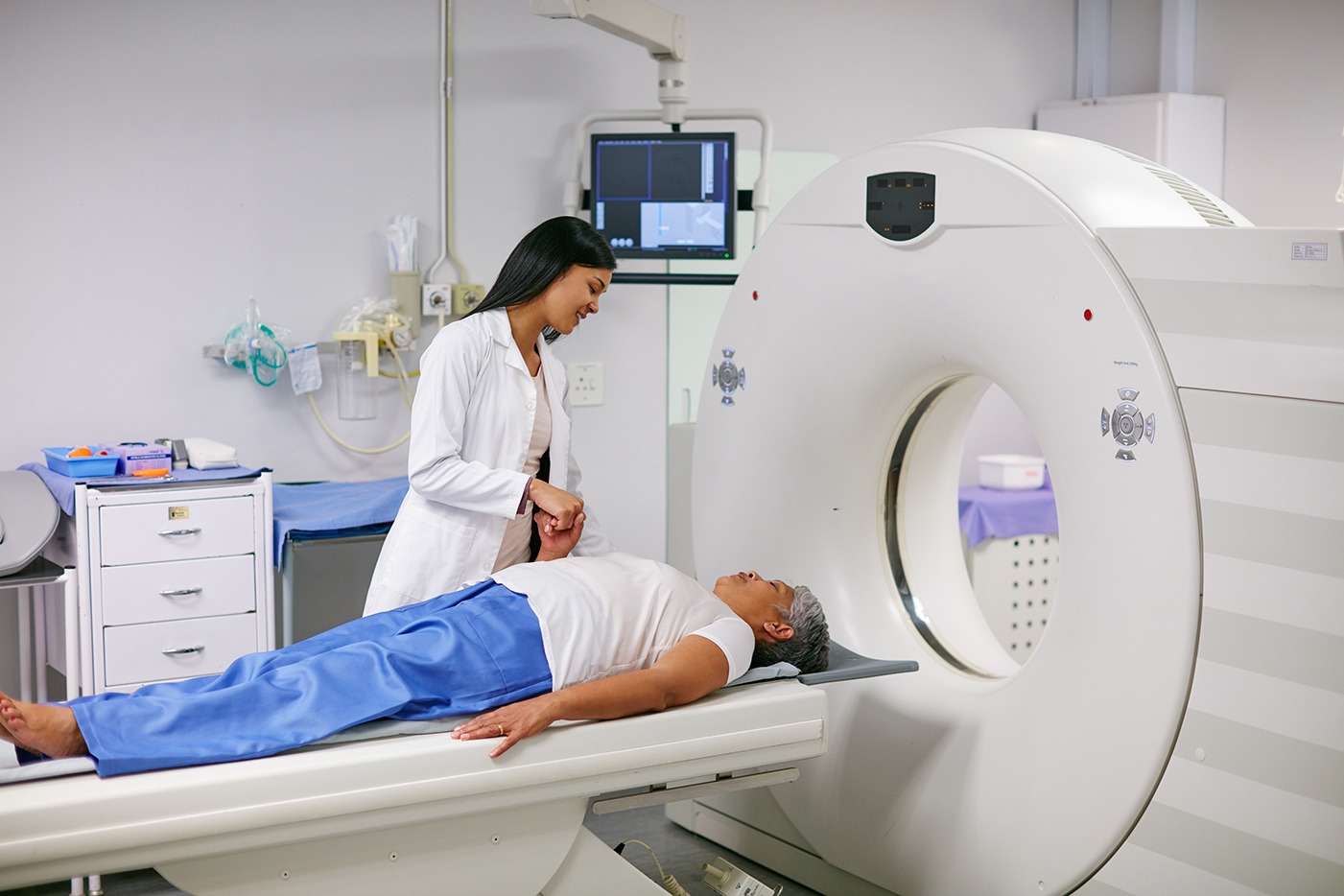Why Would You Need an MRI Shoulder?
An MRI scan shoulder may be recommended if you are experiencing shoulder pain, discomfort, or limited range of motion that does not improve with conservative treatments. Some of the most common conditions that an MRI shoulder scan can diagnose include:
1] Rotator Cuff Tears - The rotator cuff is a group of four muscles and their tendons that stabilize the shoulder. A tear in the rotator cuff can cause severe pain and weakness. MRI is the most effective way to assess the extent of a rotator cuff tear and determine the appropriate course of treatment.
2] Shoulder Impingement Syndrome - This condition occurs when the tendons of the rotator cuff become irritated or compressed as they pass through the shoulder joint. MRI helps visualize any inflammation or damage to the tendons, making it easier to diagnose impingement syndrome.
3] Arthritis - Osteoarthritis and other forms of arthritis can cause joint pain, stiffness, and swelling in the shoulder. An MRI can detect cartilage loss, bone spurs, and other signs of joint degeneration, which can guide treatment options.
4] Labral Tears - The labrum is a cartilage structure that helps stabilize the shoulder joint. Tears in the labrum, such as SLAP tears (superior labrum anterior posterior), can cause instability and pain. MRI, particularly with contrast, is an excellent tool to diagnose labral tears.
5] Frozen Shoulder (Adhesive Capsulitis) - This condition involves stiffness and pain in the shoulder joint due to inflammation of the capsule around the shoulder. MRI Scan can help rule out other causes and confirm the diagnosis of frozen shoulder.
6] Fractures and Dislocations - While X-rays are typically used to detect fractures, MRI can provide a more detailed view of any soft tissue damage that may have occurred alongside the bone injury, such as ligament or tendon tears.
7] Tendonitis or Bursitis - Inflammation of the tendons (tendonitis) or the bursa (bursitis) in the shoulder joint can be diagnosed using MRI. These conditions are common in athletes or people with repetitive shoulder movements.
MRI Scan Shoulder Cost Pune
The cost of an MRI Shoulder Scan in Pune is typically around Rs. 2500. This scan is used to diagnose issues with the shoulder joint, including rotator cuff injuries, ligament damage, arthritis, or tendonitis. Prices may vary depending on the diagnostic center, the type of MRI equipment used, and any additional services provided. For accurate pricing and details, it’s recommended to consult local MRI centers or hospitals in Pune
How is an MRI Shoulder Performed?
1] Preparation: There is no special preparation needed for a shoulder MRI. However, you will be asked to remove all metal items such as jewelry, watches, and clothing with zippers. You may be asked to wear a hospital gown.
2] Positioning: You will lie on your back or side on the MRI table, depending on the area of the shoulder being examined. The affected shoulder will be placed inside the MRI machine, and a coil may be placed around the shoulder to ensure clear images.
3] The MRI Scan: The MRI machine uses magnetic fields and radio waves to create images. You will need to remain still during the procedure, which typically takes 20 to 45 minutes, depending on the complexity of the scan.
4] Contrast Dye (if required): In some cases, a contrast dye may be injected into the shoulder to enhance the images and provide clearer views of soft tissues. This helps in evaluating conditions like labral tears or tendon injuries.
5] Post-scan: After the MRI, you can resume your normal activities immediately. If contrast dye was used, it may take a short time for the dye to be flushed out of your system naturally.









